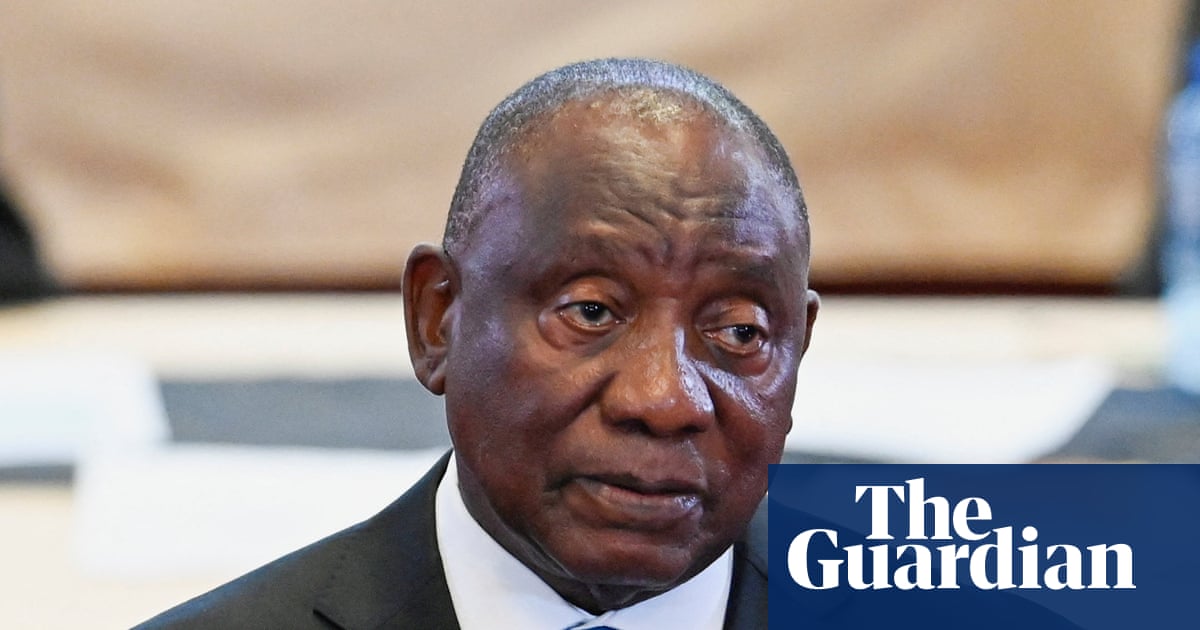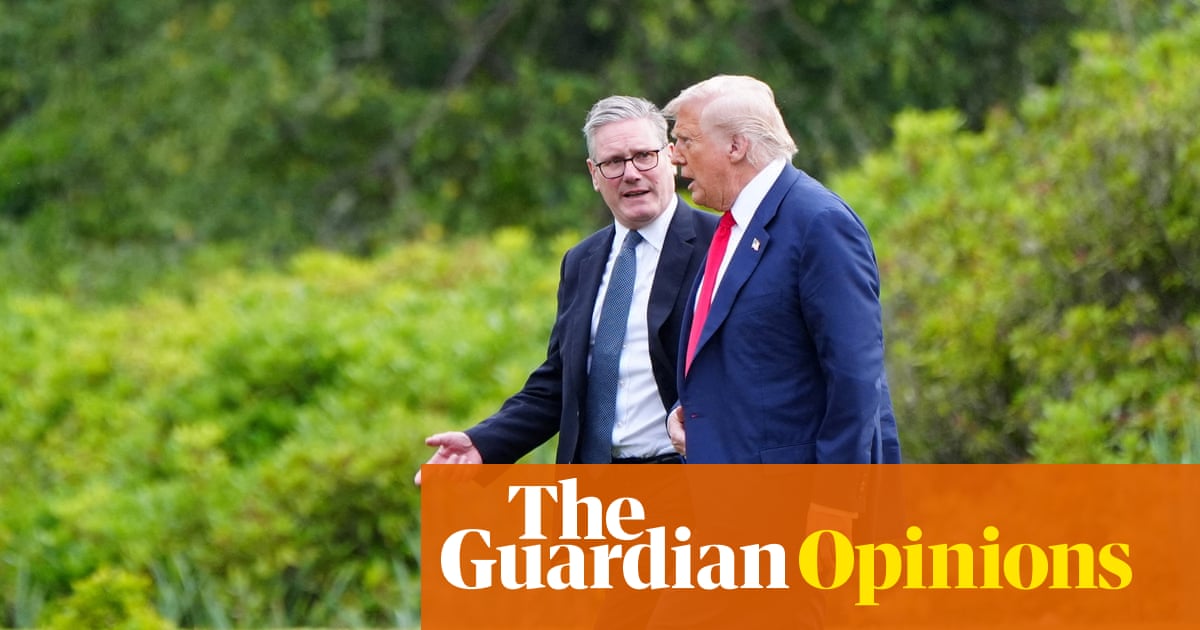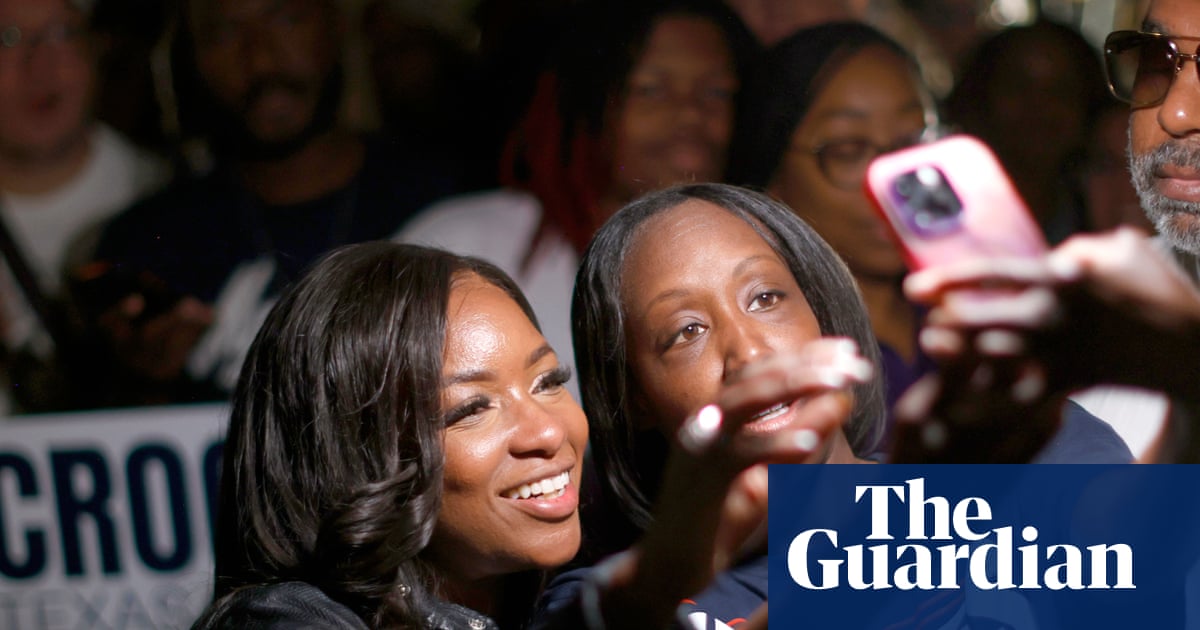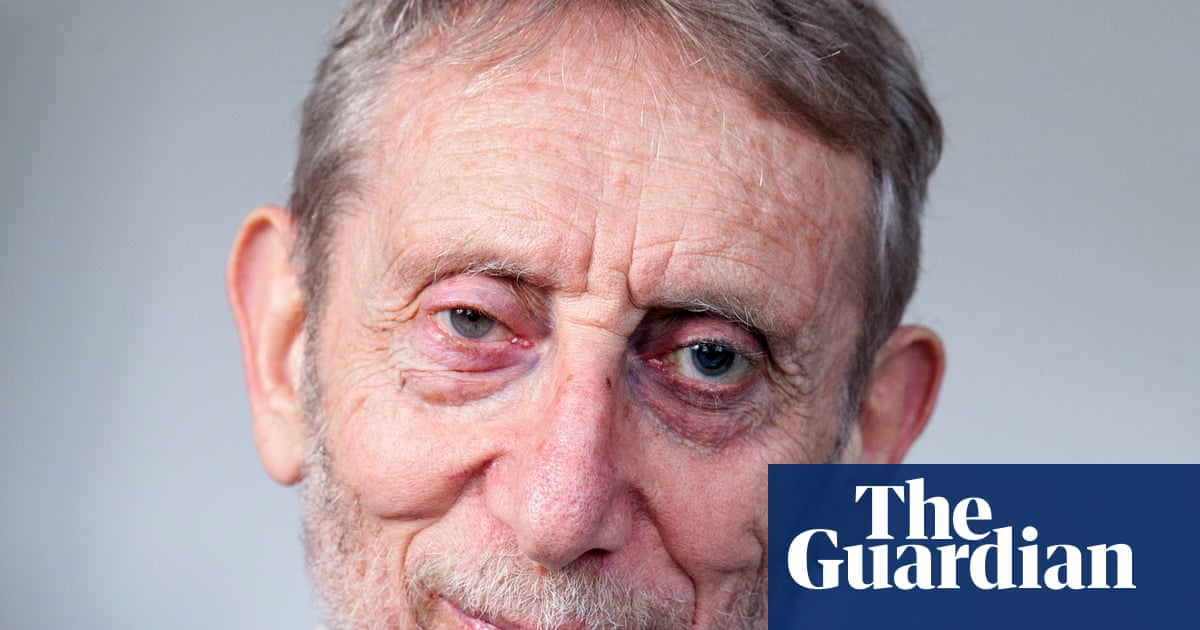Politics as we have known it in Britain for more than a century seems to be falling apart. Only six years ago, at the 2019 election, the Conservatives and Labour got 76% of the vote between them, coming first and second in both votes and seats, as they have at every general election since 1922. Yet in most opinion polls now, the two parties around which politics is usually arranged at Westminster, in the media, and in the minds of millions of voters, activists and party donors have a combined support of less than 40%.
Not only has Reform UK surged well past them, Labour and the Tories are no longer consistently ahead of the Greens and Liberal Democrats – and sometimes level with them, or even narrowly behind. With an inexperienced, hard-right populist party dominating, and an equally unprecedented four-way battle to be Reform’s main challenger, British politics appears to be assuming a strange and volatile new shape.
Yet so far only the electoral consequences of this are being widely considered. These may be both explosive and almost impossible to predict. The website Electoral Calculus, which converts poll ratings into general election forecasts, currently reckons that Reform will win between 170 and 426 seats, Labour between 33 and 243, the Tories between 14 and 200, the Lib Dems between 29 and 93, and the Greens between 7 and 70. Every party’s gains or losses could be hugely magnified or minimised by an electoral system not designed for such multiparty competition.
Electoral Calculus also predicts a dizzying range of results for the Scottish National party, Plaid Cymru and Your Party, Zarah Sultana and Jeremy Corbyn’s half-built political vehicle. With a painful budget due from the government this month, Labour’s deep unpopularity, the source of much of the present instability, may well worsen, at least in the short term. Given many voters’ abhorrence of Reform, which party, or parties, will form our next government could remain unclear right up until the latest possible election date, July 2029, and possibly for days of fraught negotiations afterwards.
But all this fascinating, in some ways frightening, electoral uncertainty means that the wider possible effects of the fragmentation have been little explored. If it continues, little in the once stable and predictable world of British politics may remain as it was.
All or most safe parliamentary seats could disappear, and with them long Commons careers. Experienced ministers and veteran rebels may become even more rare. Swing voters – easy to identify in battles between two parties – may be replaced by a multitude of still more fickle electoral groups, chased by half a dozen parties. Meanwhile, party heartlands may crumble, old loyalties overcome by dynamic-seeming new choices. In London, my home borough of Hackney has been controlled by a party other than Labour for only three years of its 60-year history, yet its mayoralty is increasingly expected to be captured by the Greens at next May’s elections.
If parties no longer have dependable long-term support, and therefore a regular presence and leverage in local councils, parliament or government, then donations may dwindle. National structures may become unaffordable, mass memberships and networks of loyal activists a thing of the past. And the whole process may become a vicious circle: if parties don’t seem to be solid institutions with clear prospects any more, then why make a lasting commitment to them, as a voter, donor, volunteer or politician?
In 2013, when the disintegration was in its early stages, the Irish political scientist Peter Mair wrote in his book Ruling The Void: “The age of party democracy has passed. Although the parties themselves remain, they have become so disconnected from the wider society, and pursue a form of competition that is so lacking in meaning, that they no longer seem capable of sustaining democracy in its present form.”
That may be too gloomy. It’s possible that a fragmented, more unstable politics will be more responsive to voters, and offer more choice. In Britain, the latter is already happening, with the political spectrum widening to include everything from Nigel Farage’s reactionary national rescue plan to Zack Polanski’s radical green populism. Politics could also become less complacent, corrupt and susceptible to lobbying: ministers and MPs whose careers are shorter would be less worth bribing and manipulating. They might even be more humble.
If, as seems likely, the results of the next general election are more unfair than ever before, in the link between votes and seats won by each party, then the case for proportional representation may finally become irresistible. And even if that doesn’t happen – Britain has a way of avoiding logical constitutional reforms, as shown by the continuation of the House of Lords – two-party politics could be replaced by a culture of coalition government, as in much of Europe, with Labour and the Tories no longer able to win Commons majorities. For anyone disillusioned with what their duopoly has done to Britain, a more diverse and fluid politics may seem very appealing – or at least, a risk worth taking.
However, a less entrenched political class could mean that other disliked and powerful, yet unelected and more permanent interests, such as big corporations and Whitehall, gain more influence. There is also a danger that a faster-changing, more multiparty politics will simply accelerate the current disillusionment cycle, with voters working their way through an ever-lengthening menu of choices, faster and faster, without ever feeling sated.
after newsletter promotion
There is also a third possible future for our fragmenting politics: that it turns out to be neither mainly negative nor mainly positive, but temporary – both a prelude to and a rationale for a new political order.
In 1974, as now, Britain was politically and economically fragile. Then, unusually, there were two general elections, and in both Labour and the Tories won lower shares of the vote than for decades. The Liberals, the SNP and the racist National Front all significantly increased their support. But this messier, more pluralist politics didn’t last long. Instead, in 1975, Margaret Thatcher captured the Tory leadership and began making politics narrower than ever. Somewhere on today’s crowded electoral battlefield, our next overlord may be waiting for their moment.
-
Andy Beckett is a Guardian columnist

 3 months ago
66
3 months ago
66

















































